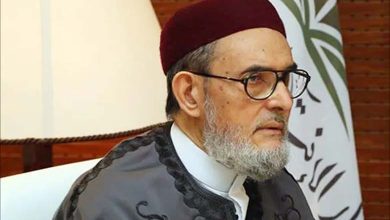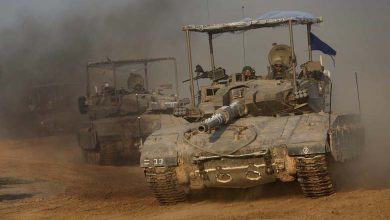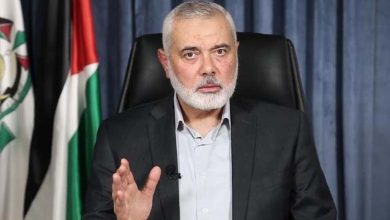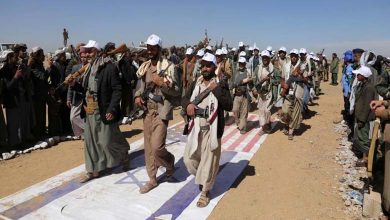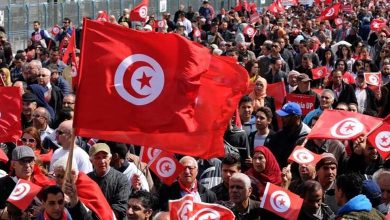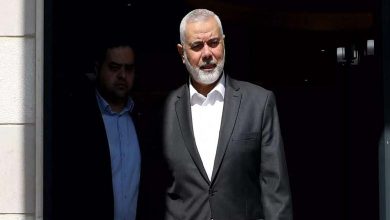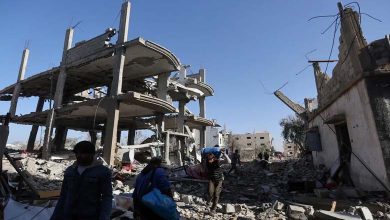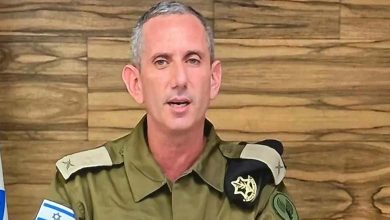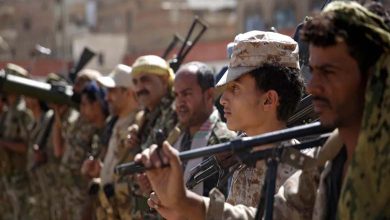Ghost Towns: How Southern Lebanon Became Deserted Areas After Israeli Strikes?
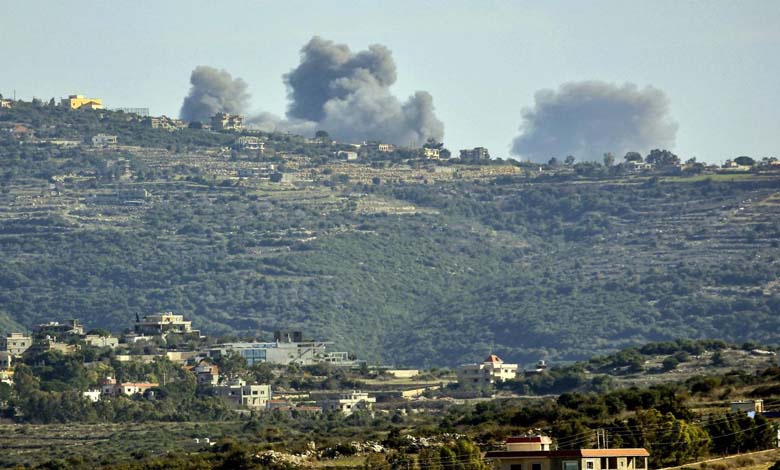
Southern Lebanon has turned into ghost towns after Israeli airstrikes. Escalating tensions and cross-border strikes that claimed the lives of more than 70 civilians in Lebanon have transformed parts of the south into ghost towns, with residents fleeing their homes exposed to the risk of destruction.
According to the BBC, the massive crater containing a twisted mattress buried under a pile of dust and stone is all that remains of the building that stood in this spot just days ago.
An officer in the Lebanese army in Yaroun, a border town along the confrontation line in one of the most dangerous conflict areas in the region, said, “We call it the pond.”
Yaroun is just one kilometer away from the Blue Line defined by the United Nations, an unofficial volatile border between Israel and Lebanon.
In every town near the line, there are similar scenes like razed or vanished buildings turned into craters, alongside damaged buildings, followed by rows of intact houses, then more craters.
In the town of Alma Ash Shab, about 4 kilometers west of Yaroun, are the remnants of what appears to be a walled villa with parked cars – destroyed, except for the fence now surrounding a heap of debris, with all nearby house windows shattered by the force of explosions.
Nadim Sayah, a 75-year-old owner of the villa, said regretfully, “We are paying the price for all this.”
He added, “I kept the lights on all the time in the hope of protecting the family home from bombardments.”
He continued, “Everything was lost, the house, the belongings, the cars, but I will return as soon as possible, even if I have to live in a tent there.”
A soldier on-site indicated that “one missile” did all this.
Israeli Strikes
According to the BBC, Israel has been conducting near-daily airstrikes in southern Lebanon since Hezbollah – the powerful Lebanese Shiite Islamic movement – launched rockets into Israel on October 8 in support of Hamas in Gaza, leading to a series of attacks and counter-attacks.
Due to the danger – three journalists were killed (one from Reuters and two from Al-Mayadeen) in strikes in southern Lebanon, their news agencies and Lebanon blamed Israel for them – a BBC team visited the border region with the United Nations Interim Force in Lebanon (UNIFIL), where Israel claims not to target journalists.
UNIFIL has been present in southern Lebanon since the Israeli withdrawal and final withdrawal following its invasion in 1978.
Until recently, UNIFIL boasted overseeing the longest period of calm between Lebanon and Israel – spanning 16 years since the last war between Hezbollah and Israel in 2006.
As the BBC team filmed, Israeli unmanned aerial vehicles could be heard in the sky, and moments later, columns of thick black smoke appeared in the distance, seemingly an Israeli strike, with no way to know what was hit, these scenes confirm the accounts of Israeli airstrikes on Lebanese towns and villages without distinction between them and Hezbollah strongholds.


